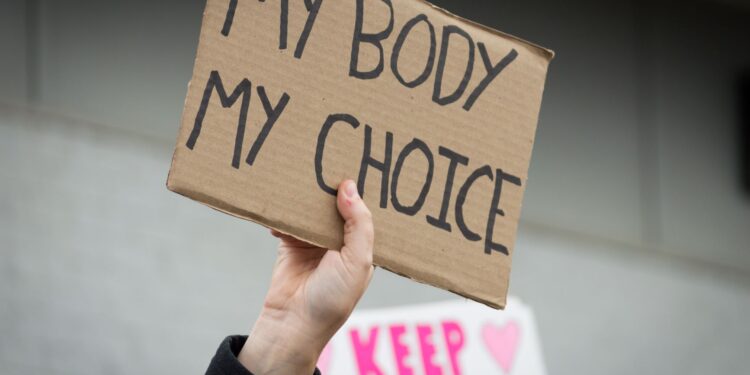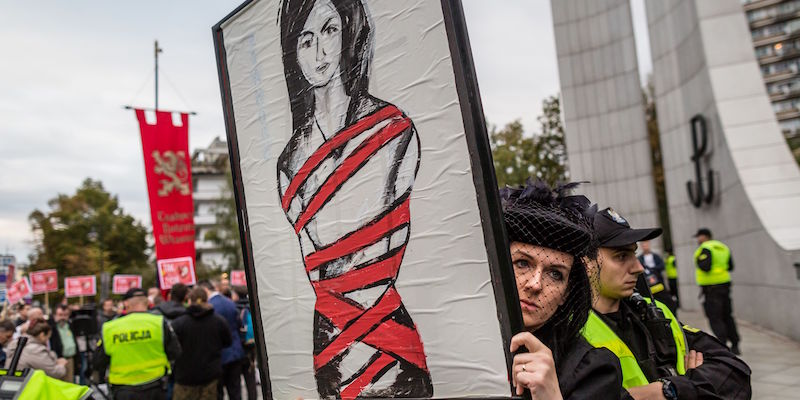Brussels – A significant first step that, however, risks being only symbolic: The European Parliament today (April 11) voted to include the right to abortion in the European Union Charter of Fundamental Rights. Despite the parliament’s approval, an amendment to the Charter requires all 27 member states to vote in favour.
With 336 votes in favour, 163 against and 39 abstentions, the European Parliament has come out in favour of the recognition of abortion as a fundamental right. In the text of the motion, MEPs call for Article 3 of the EU Charter of Fundamental Rights to be amended, stating: “Everyone has the right to autonomous decision-making over his or her own body, free access to safe and legal abortion.” Voting compactly for the measure were Socialists and Democrats, Greens/Ale, Renew and the Left. The European People’s Party split with only MEPs from northern Europe approving. The Conservatives and Reformists and Identity and Democracy group, on the other hand, with rare exceptions, voted against the motion.
The path to seeing abortion recognised as a fundamental right, however, is still long and fraught with pitfalls. All member states must speak in favour of its inclusion in the Charter. This is unlikely to happen also because Poland and Malta actually have regulations that severely limit women’s access to it. The parliament also called on all EU countries to fully decriminalise abortion in line with the 2022 WHO guidelines.
Moreover, the EU Parliament has complained that even where abortion is protected and safeguarded, the presence of conscientious objector doctors risks erasing women’s right to abortion. The growth of anti-gender and anti-choice associations throughout the EU calls for reflection. That is why the parliament has asked the commission to ensure that organisations working against gender equality and women’s rights, including reproductive rights, do not receive EU funding.
The proposal to include abortion in the EU Charter of Fundamental Rights was presented as early as 2022 and then abandoned. Only after France included it in its constitution did the discussion resume in Brussels. “Deciding about one’s own body is a fundamental right; there is no equality if women cannot do so,” Danish MEP Karen Melchior (Renew Europe) said, presenting the initiative in a plenary session on March 14.
English version by the Translation Service of Withub





